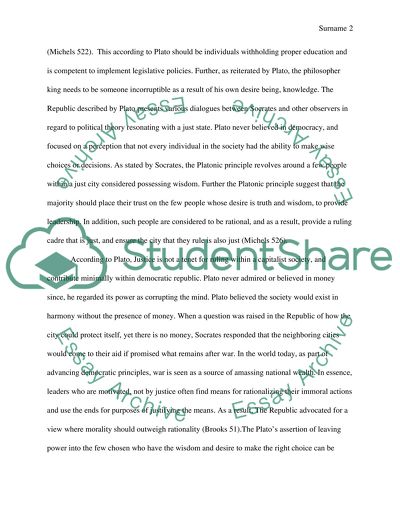Cite this document
(“Platos Republic and Modern Day Totalitarian Politics Term Paper”, n.d.)
Retrieved from https://studentshare.org/philosophy/1496244-platoyies-republic-and-modern-day-totalitarian
Retrieved from https://studentshare.org/philosophy/1496244-platoyies-republic-and-modern-day-totalitarian
(Platos Republic and Modern Day Totalitarian Politics Term Paper)
https://studentshare.org/philosophy/1496244-platoyies-republic-and-modern-day-totalitarian.
https://studentshare.org/philosophy/1496244-platoyies-republic-and-modern-day-totalitarian.
“Platos Republic and Modern Day Totalitarian Politics Term Paper”, n.d. https://studentshare.org/philosophy/1496244-platoyies-republic-and-modern-day-totalitarian.


